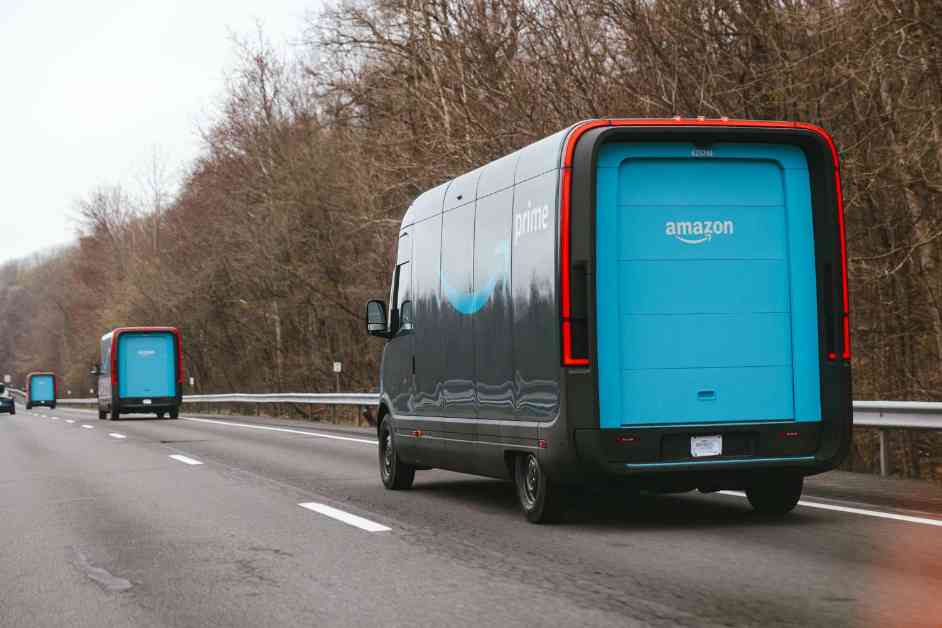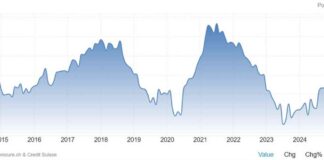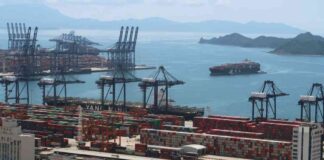Rivian, the electric vehicle (EV) maker, recently hit a bump in the road as it temporarily paused production of Amazon electric vans due to a parts shortage. This setback caused Rivian Automotive (RIVN) shares to decline in intraday trading on Friday, reflecting the impact of the production halt on the company’s operations.
Rivian Halts Amazon Van Production
The issue originated at Rivian’s plant in Normal, Illinois, earlier this month, leading to the halt in production of Amazon electric vans. In response to inquiries, Rivian stated that it anticipates recovering all missed production but did not provide a specific timeline for when production will resume. Fortunately, the parts shortage does not affect the production of Rivian’s RT1 pickup and RS1 SUV, providing some relief amidst this temporary pause in van production.
While the company did not specify the exact components that are causing the delay, the impact of the parts shortage on Amazon’s van orders highlights the interconnected nature of the EV supply chain. This pause serves as a reminder of the challenges that EV manufacturers face in sourcing and managing the necessary components to meet production demands.
Amazon’s Commitment to Rivian
Amazon, a significant investor in Rivian with a 15% stake as of June 30, has made a substantial commitment to purchasing 100,000 Rivian vans by 2030. This investment aligns with Amazon’s broader climate pledge to achieve net-zero carbon emissions by 2040, showcasing the company’s dedication to sustainability in its operations.
Despite the temporary production pause, Amazon reported last month that it had already deployed 15,000 Rivian vans on the road in the U.S. since 2022. This milestone underscores the progress that Rivian and Amazon have made in fulfilling their partnership and scaling up the adoption of electric vehicles in delivery fleets.
In addition to its van orders, Amazon’s continued support for Rivian’s production targets is crucial for the EV maker’s growth trajectory. By affirming its commitment to purchasing a significant number of Rivian vans over the next decade, Amazon is not only driving demand for electric vehicles but also providing a stable source of revenue for Rivian.
Rivian’s Production Outlook
Despite the temporary halt in Amazon van production, Rivian remains focused on meeting its overall production targets for the year. The company reaffirmed its full-year estimate of producing 57,000 vehicles, indicating its confidence in ramping up production to meet customer demand.
In fiscal 2023, Rivian successfully produced 57,232 vehicles, demonstrating its capacity to deliver on its production goals. This track record of meeting and exceeding production targets positions Rivian as a reliable player in the EV market, capable of scaling up its operations to meet the growing demand for electric vehicles.
As Rivian navigates the challenges posed by the parts shortage and works to resume van production, its ability to adapt and recover from setbacks will be crucial for maintaining its momentum in the EV industry. By addressing supply chain issues and ensuring the efficient delivery of components, Rivian can mitigate the impact of production delays and continue to drive innovation in the electric vehicle space.
Market Response to Rivian’s Challenges
The temporary pause in Amazon van production had immediate repercussions on Rivian’s stock performance, with shares falling by 4.2% to $13.18 as of 2:50 p.m. ET on Friday. This decline reflects investor concerns about the impact of the production halt on Rivian’s revenue and growth prospects, highlighting the sensitivity of the market to operational challenges faced by EV manufacturers.
Despite the decline in share price, Rivian’s long-term outlook remains positive, supported by its strong partnership with Amazon and its commitment to sustainability. By addressing the parts shortage and ensuring the timely resumption of van production, Rivian can reassure investors and stakeholders of its ability to overcome obstacles and deliver on its promises.
In conclusion, Rivian’s temporary pause in Amazon van production underscores the complexities of the EV supply chain and the challenges that manufacturers face in scaling up production. By working closely with partners like Amazon and addressing supply chain issues proactively, Rivian can navigate these challenges and emerge stronger in the competitive EV market. As the company continues to innovate and expand its product offerings, its resilience in the face of setbacks will be key to its long-term success in the electric vehicle industry.

















